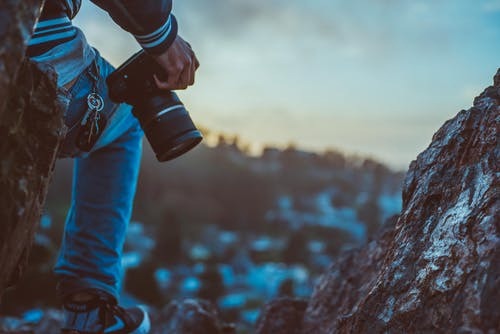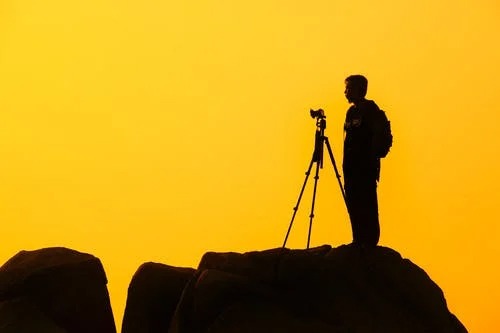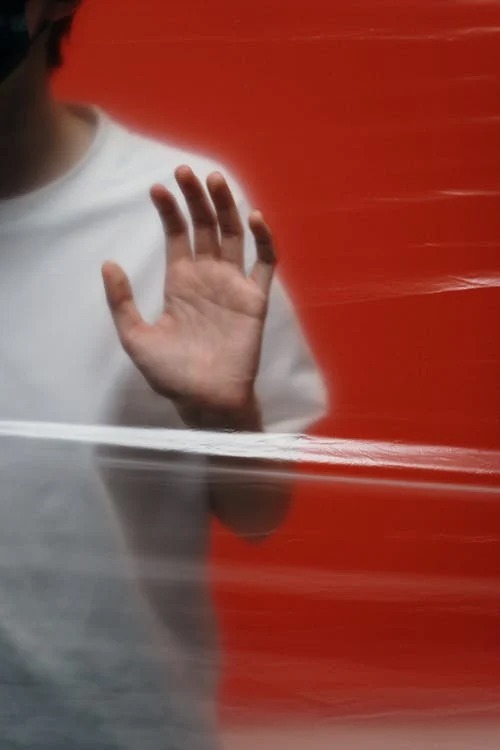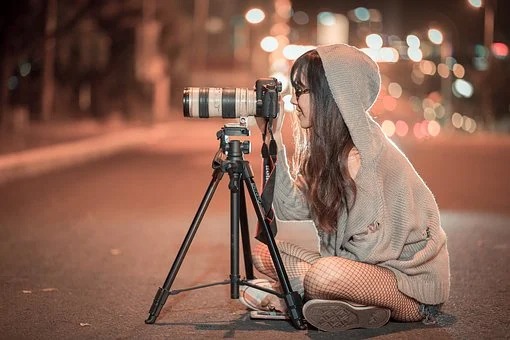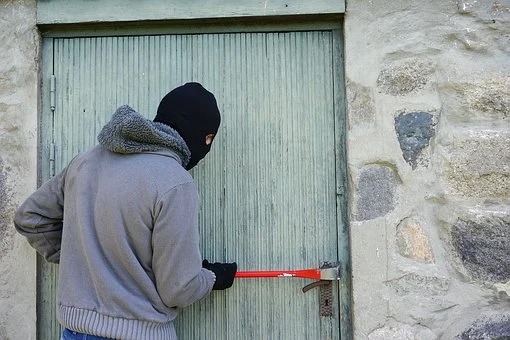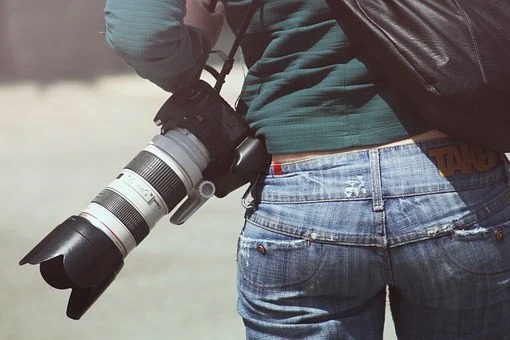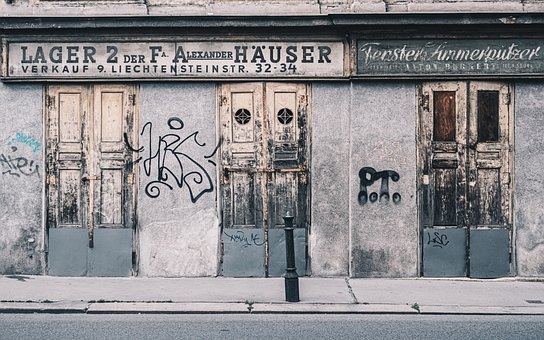If you’ve decided to pursue photography as a career, you’re probably excited about getting to work according to your interests. On one hand, being a photographer opens you up to an exciting world. Many people in this profession travel quite a bit, capturing beautiful moments and putting their own spin on them. Once you get some experience and know-how, you can enjoy the perks of being a photographer.
However, the road towards success in photography isn’t a smooth one, so be prepared to face some risks along the way. In fact, these risks might be hurdles in your progress for several years. Knowing about these risks will help you to prepare for them. With this in mind, let’s look at some of the most common risks for photographers today:
1. Regular Rejections
For photographers and many other professionals, the biggest initial hurdle might be getting rejection after rejection. If you haven’t made a name for yourself yet, you can expect clients to ignore your services in favor of any other photographer.
It might be mentally exhausting and even insulting to get so many rejections, especially when you’re given it your all. However, struggle photographers should remember here that even the best in their field sometimes get rejections. If you take the time out to look at some successful photographers, you’d see that they didn’t let criticism or rejection get in their way. Soldier on, and you’ll eventually show that audience why your services are the best around.
2. An Empty Wallet
Photography is an expensive hobby, and it becomes even more expensive as a career. You buy a decent camera first, and then another one when the first one isn’t quite suitable. Then you get the tripods, lenses, and any other gear that can help you get that perfect shot. Even with all that, you’d want to have some proper software and a computer setup for editing your work.
The costs keep piling up, so chances are that your water and/or bank account will always be empty in those early days. Even if you get some good payment from clients, that money will probably go into classes, books, and workshops for further honing your craft. The spending won’t stop anytime soon, so be mentally prepared for this phenomenon.
3. Not Getting Honest Feedback
If you’re a serious photographer, you welcome all kinds of critique and honest feedback. As long as the response isn’t malicious, it’s valuable to a photographer. This way, they learn how to get the best possible results.
However, the problem arises when you don’t get honest feedback from your near and dear ones. Your family and friends might not be completely open about what they like or don’t like about your images. Some might not even have the word to express how they feel, don’t put too many expectations on their feedback. Keep in mind that showing your photographs to your parents or close friends will probably not count, so always assume that there’s some improvement to make.
4. The Passion Might Turn Into a Daily Grind
If you’ve ever worked a 9 to 5 job, you know the dullness of a routine workday. One gets up at a specific hour, gets ready, commutes to the workplace and then spends most of the day slaving away at something they’re not interested in. If you’re thinking about striking off the beaten path and going into photography, don’t make the mistake of thinking that you’re free from that grind.
If you’re bound to take certain photographs all day long, even of subjects you’re not interested in, that passion project just might become as mind-numbing as a routine day job. Eventually, you might find yourself groaning at the prospect of picking up your camera or editing a myriad of pictures.
There are many photographers that can work at their craft all day long and not get bored. Not everyone is that lucky, so stay alert about how you feel regarding your work. If things get too monotonous, try separating work photography from your hobby. For instance, if you’re creating portraits most of the time, head out in search of natural landscapes on the weekend or whenever you need a break.
5. Tough Competition
Some years ago, becoming a photographer would probably be a very unique idea. However, a lot of people call themselves photographers nowadays even if they just have a smartphone in their hands. With technological advancements and more interest in the field, photography is now a very competitive profession. When you account for the experienced professionals already in the field, it might seem like there’s no room for a beginner.
This is why a photographer needs to learn how to lose gracefully. Additionally, they should also know how to stand out among a crowd of options and secure clients who have a lot of choices.
The Physical Dangers of Photography
Now that we’ve covered the professional risks of being a photographer, it’s time to check out the physical risks as well. Not many people would think of photography as a particularly dangerous profession; jobs like law enforcement and fire fighting are usually at the top of that list.
However, before you decide to make photography a somewhat serious career, you have to be aware that there are some very real safety concerns attached to it. Here are some of them now:
1. Risk of Assault or Robbery
Photographers usually work alone, and they don’t always choose the safest places to go. You might be out in a downtrodden area of the city, with equipment worth thousands of dollars. Basically, you’re very vulnerable to any gangs or dangerous individuals who decide to seize an opportunity.
Depending on the genre of photography you’re working in, the dangers might vary. For instance, architectural photographers usually scout out different kinds of locations. They might be alone in commercial parking lots, forests, mountains, and even abandoned buildings. Such scenarios mean that you have to have a high level of situational awareness at all times.
2. Risk of Burglary at Home
The high value of your photography equipment can put you in danger even when you’re at home.
Don’t spread the word about how much those gadgets cost, or your home might be singled out for burglary. If there are contractors or other people working in your home, stash all the equipment away or put it in a room where they’re not aware of it. It might also be wise to avoid sharing details of your profession with anyone you don’t completely trust. You don’t know who can pass on that information and whether it might get to the wrong kind of people.
Another precaution is never to share your home address in a professional exchange, unless your studio is located at your home. If you have the option to do so, use a PO Box, a resisted agent address, or a map area using Google My Business.
Finally, ensure that you have insurance for all your photography gear. You might be able to use a business policy for this, or a renters or homeowner’s insurance policy.
3. On-Site Risks
Many photographers get called to different locations to cover events like weddings, christenings, etc. You may also have to visit someone’s house for real estate photography, a family portrait, and so on. Keep in mind that not every home is a safe haven, and stay on your guard.
For instance, photographers and other solo workers might be in physical danger if they walk into a domestic violence situation. Aggressive dogs might also bite them, and they might even get shot or attacked if the homeowner isn’t expecting them.
4. Squatters
Photographers might often encounter squatters when they enter locations that are supposed to be vacant. These squatters may or may not be harmless, but the chances of getting attacked are quite high. There are online groups that discuss such issues when touring on-site, along with giving tops for self-defense in these cases.
Risks like squatters (and occasionally predatory animals) are why many professional photographers now have concealed firearms when they’re on shoots. Along with this, they also make sure to have their business cards and other forms of identification on their person. You never know when you might be aggressively confronted by neighbours, homeowners, or complete strangers and have to prove your innocence.
Conclusion
Photography might not be the most dangerous or cut throat profession out there, but it still comes with its share of risks. This doesn’t mean that you get disheartened or scared away; every profession will have its ups and downs. Check out the pros and cons of pursuing photography as a career first, and then make an informed decision about this path.
At the end of the day, there’s no reason why you shouldn’t follow our passion and make it your life’s work. Pursuing photography might require a thick skin in more ways than one, but the reward will probably be worth it. If you make it, it means an exciting and fulfilling career doing what you love.

